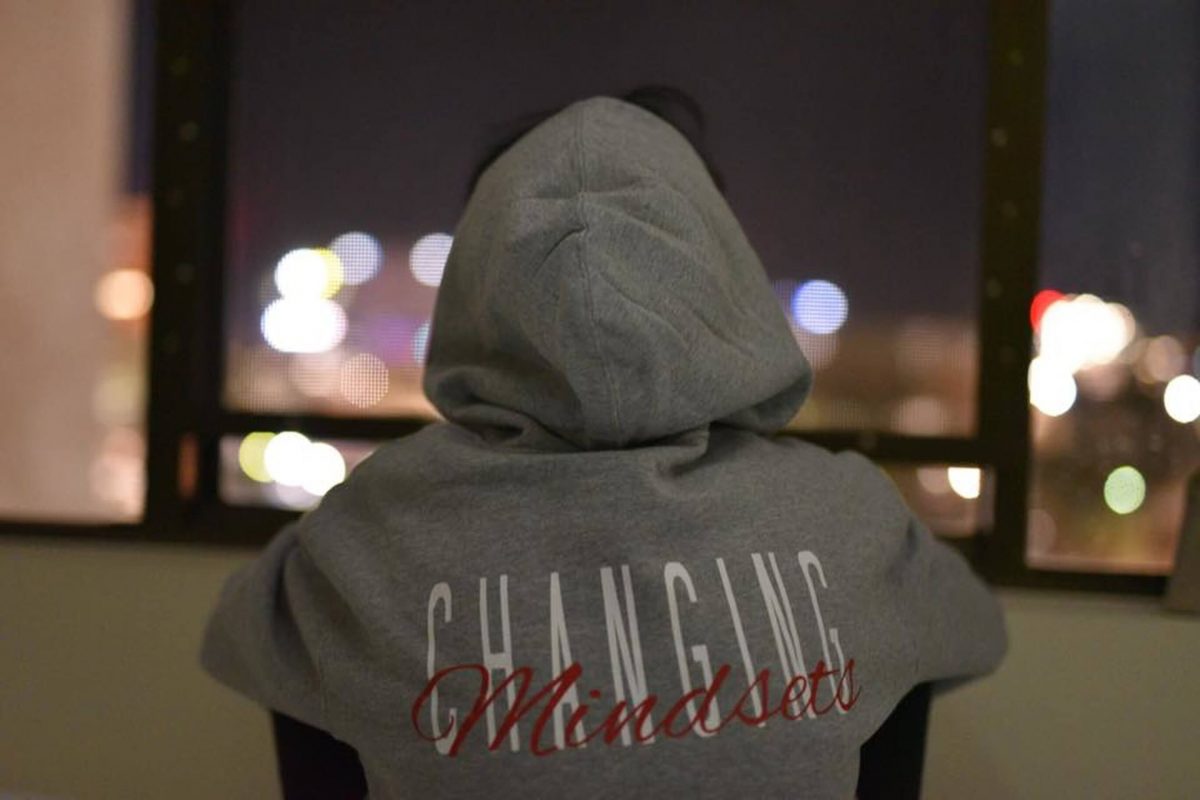We’ve talked before about what a kaizen mindset means and how to apply kaizen in your life. Nurturing the following six elements will help you cultivate a kaizen mindset.
1. Seeking knowledge
Even if we’re looking, it isn’t easy to see how and where we can improve; we need other people to show us. A core element of a kaizen mindset is always seeking to expand our knowledge and experience, and challenging our beliefs every day.
2. Self-awareness and critique
The second crucial element of a kaizen mindset is self-awareness. If we are to reach our goals, we need to learn to look honestly at ourselves and our behaviour and ask if they align with our plans.
Sometimes it’s easy to get lost in the pursuit of a goal — like making more money — and we end up making changes to our life that make us unhappy in the long-term.
Kaizen isn’t about seeing the worst in things, so don’t beat yourself up — it’s natural to have flaws. Understanding and accepting our weaknesses is just a step on the road to reaching our goals.
3. Starting with scarcity
There’s a crucial difference between this third element of a kaizen mindset and a ‘scarcity mindset.’
A scarcity mindset is a negative and unproductive view of the world that will make you unhappy.
Starting with scarcity means not looking for external fixes to your problems. New running shoes may help us run faster, but simply buying them isn’t going to turn us into a runner.
Equipment and gadgets are helpful, but they’re not enough to help us reach our goals. Plus, it’s hard to see the need for improvement when you have everything you need.
Instead, look at how you can improve your use of what you have already, or perhaps even eliminate, to help you towards your goal.
4. Breaking down goals into small steps
Kaizen is, of course, about focusing on the small steps we can take to reach our goals.
The steps must be clear and definite actions we can take every day, but they don’t have to be outcomes in themselves — they only have to contribute towards one.
For example, if you want to become a good guitar player, you have to set aside a certain amount of time each day to practice; 15 minutes is enough. But if you want to get better, you can’t just spend that time messing around.
You need to set definite, measurable outcomes to help you learn, such as a song or a scale. Then you spend those 15 minutes practicing that song or scale until you’re comfortable with it.
A year of doing that, and you’ll have a lot of songs under your belt. But more importantly, you’ll be a much better guitarist.
5. Committing to practice
Committing to daily practice is crucial.
It isn’t just a way to get what we want; it is what we want. Our daily practice and its results are one and the same thing; you cannot have one without the other. Winning the fight is impossible without putting in the training every day.
Small habits are incredibly powerful ways to change our lives. They take effort to form but become part of you over time. Daily practice is one way to tap into the power of small habits.
6. Embracing obstacles and mistakes
Mistakes and obstacles are life. If they didn’t exist, we’d go out looking for them.
A kaizen mindset is about seeking out those mistakes and obstacles — choosing our suffering — to improve our lives. Obstacles are just what happens when we go after something we want. They are how we get there.
Yes, we will often fail in our daily practice, but the important thing is continuing after we stumble. Keep at it long enough, and the number of days we did it will outnumber those we didn’t, and that’s enough for progress.
Failing and mistakes are often an opportunity to progress rapidly. If we don’t overcome an obstacle or we struggle to maintain our daily practice, there’s probably something holding us back — a previously hidden obstacle. Overcoming that will help us progress much faster in the long run.
Cultivating a Kaizen Mindset
A kaizen mindset is a growth mindset. It starts with the assumption that the way we are doing things now is the worst possible way to do it.
To have a kaizen mindset, you must:
- Always be learning
- Have self-awareness
- Start with scarcity
- Break down goals into small steps
- Commit to daily practice
- Embrace obstacles and mistakes
There are countless ways of applying the kaizen philosophy, including figuring out what the fuck to do with your life. These elements play a crucial part at every stage, whatever the goal.
Photo by kylie De Guia on Unsplash
